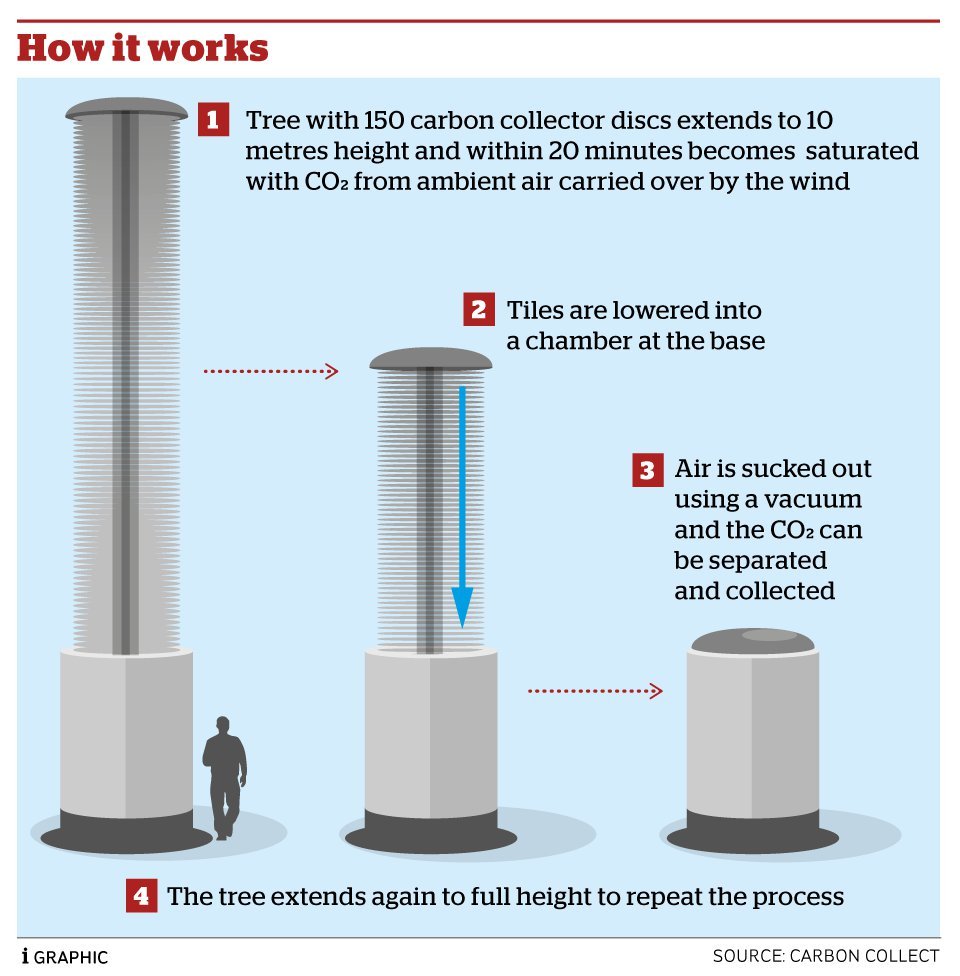OCEAN 60
In Bird Safe Glass, Catie Urquhart, shares the importance of smart bird safe glass.
Editor’s Comments: OCEAN 60 is published for you, our readers, curious about innovative problem solving and interested in the environmental issues we share. Healthy communities need healthy resources, especially coastal towns. Right here on Cape Cod we are about to begin an extraordinary estuary restoration (See Tess Holland’s article on the Herring River). Abigail Eilar writes about a troubling (for me anyway), mysterious and a bit spooky, dolls washing onto Gulf Coast beaches. I am reachable for your comments at gordonpeabody@gmail.com. Advertising-free OCEAN is the environmental education publication of Safe Harbor Environmental, a small inter-disciplinary consulting group in Wellfleet on Cape Cod. Please feel free to share this issue with friends and colleagues. Thank you to our readers for your continuing support.
Innovative Bike Paths
Plant Plankton Changes?
Herring River Estuary
Bird Safe Glass
The Calm Before The Storm
OCEAN 60 Articles
Recycled Sports
Grass Bans
Washed Up Dolls
Foam in Polluted Waters
OCEAN 59
In Mechanical Trees, researcher Lindsey Stanton describes how man made trees can help reduce carbon in the atmosphere.
Welcome to OCEAN 59. This is the environmental education publication of Safe Harbor Environmental Consulting, a small, interdisciplinary environmental collaborative, located on Duck Creek Marsh, in Wellfleet on Cape Cod. You will find no advertising or solicitations in your newsletter, because it is yours to read, discus and share with friends, as Public Domain. Tess Holland’s article on icebergs having left behind tracks in the Florida Keys was pretty surprising but then, I had to read Lindsey Stanton’s article on Mechanical Trees twice. In this edition we are beginning a new series “CLOSE TO HOME," about some of the strategies and systems we use when working in or near protected wetland areas. These are also Public Domain. Thank you for supporting and sharing OCEAN.
Regards, Gordon Peabody OCEAN Editor
OCEAN 59 Articles
Iceberg Tracks in Florida Keys Small Island Town, Big Challenge
How Much is too Much? Mechanical Trees?
When the Road Drives the Car Ethiopian Banana Tackles Climate Change
Close to Home: Saving Trees Close to Home: Re-using Trees
Editor’s Final Words
OCEAN 58
OCEAN is the environmental education publication of Safe Harbor, a small environmental consulting collaborative, on Duck Creek Marsh in Wellfleet, on Cape Cod. Our researchers always surprise me with their discoveries: Lindsay Stanton documenting the 42,000 year old reversal of our magnetic field from an ancient buried tree; Tess Holland looked at the counter-intuitive concept of “Ropeless” Lobstering; OCEAN Associate Editor Catherine Urquhart’s troubling research about potential Radioactive discharge into Cape Cod Bay reminded me of when I attended College, where I was the only student using their Isotope Pit, researching biological magnification of Radioactive Isotopes between phytoplankton and zooplankton. Radioactivity doesn't disappear, it Bioaccumulates. Bioaccumulation of Radioactivity was not debatable at the time but maybe things have changed? OCEAN belongs to you, our readers and you have our permission to share. Regards, Gordon Peabody, OCEAN Editor
In Too Close to Home, researcher Catherine Urquhart looks into radioactive discharge.
OCEAN 58 Articles
Safe Harbor Slope Stabilization used in UK
Counterintuitive “Ropeless” Lobstering
Cargo Ships That Can Kite Surf
Oyster Partnership Cleans up Hudson
Too Close to Home
Got Arachnophobia?
Healthier Cape Cod
Feather in the Wind
Impacts of Light on Insects
Alaska Experiences Climate Whiplash
Extraordinary Discovery in Ancient Buried Tree
OCEAN 57
Researcher Eliza Fitzgerald to looks into the ocean heating up in “Tropical Fish Found in Massachusetts Area”
This environmental education e-newsletter is written, with no advertisements or solicitation. In this issue I recommend the 3 video links you will discover, documenting a degree of inspiration we can all use. When it comes to drinking water, Cape Cod is spoiled, with some of the cleanest, sand filtered rainwater in New England. That being said, Researcher Lindsey Stanton discovered the unpleasant truth about the footprints of a “Miracle” firefighting chemical we use. New England sea water spends the entire year, within a very narrow temperature range. It takes a lot of energy to alter sea water temperature, so when news came in about “Our” ocean heating up, we asked Researcher Eliza Fitzgerald to look into it. Our articles are kept short, with references and links for more information. Thank you to our readers for their support in sharing OCEAN.
Thanks, Gordon Peabody, OCEAN Editor.
OCEAN 57 Articles
Keep Healthy, Stay Informed
Know What we are Drinking
Quiet Fisherman on Cape Cod Save Baby Scallops
Can we Bring Back the Herring?
The Road to Recovery: The Northern Redbelly Dace
Innovative Ecosystem Research on Light
Are Our Feet Heading into the Fire?
Small Stuff, Big Problem
Atmospheric CO2 Entering Oceans
Will Maine Shrimp Sink or Swim?
New Technology for Drinking Salt Water
Tropical Fish Found in Massachusetts Area




